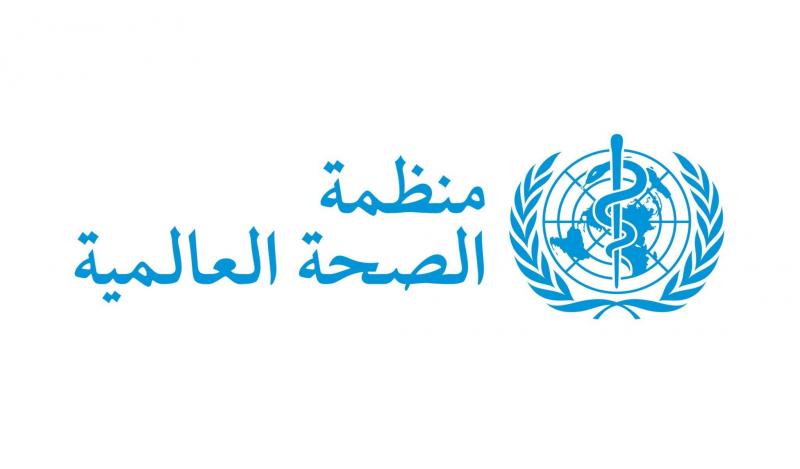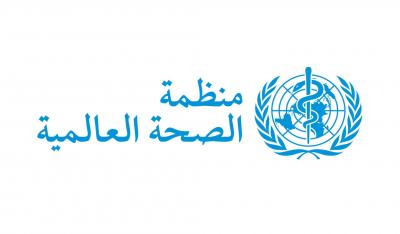The World Health Organization (WHO) announced today the launch of the largest global deployment of rapid cholera diagnostic tests, in collaboration with the Global Alliance for Vaccines (GAVI), UNICEF, and other partners. Over 1.2 million rapid cholera diagnostic tests will be shipped to 14 countries, with the first shipment arriving today in Mali.
The organization stated that this formal first deployment of tests will enhance the detection and timely monitoring of disease outbreaks, in addition to improving the effectiveness of vaccination campaigns in response to the current outbreak and aiming at future preventive vaccination efforts. The countries that will be included in the distribution in the coming weeks are those currently experiencing severe cholera outbreaks, such as Ethiopia, Somalia, Syria, and Zambia.
This program aims to improve the timing and accuracy of detecting and responding to outbreaks by strengthening routine surveillance and testing capabilities and aiding in the rapid identification of potential cholera cases. It will also help countries monitor trends and build an evidence base for future preventive programs and support achieving national goals for cholera control and elimination.
The WHO noted that there has been a global rise in cholera since 2021, with increasing mortality rates among infected cases despite the availability of simple, effective, and affordable treatment. It highlighted that the high number of outbreaks has led to unprecedented demand for vaccines from affected countries.
The WHO reported that while the global supply of oral cholera vaccine has increased eightfold between 2013 and 2023, the significant and sustained increase in demand compared to the currently available vaccines has put pressure on the global stockpile, causing delays in preventive vaccination campaigns to maintain the necessary doses for emergency response efforts.
The organization pointed out that the rise in cholera cases is attributed to continuing gaps in access to safe drinking water and sanitation services, the failure to rapidly detect outbreaks and limit their spread, and often affected communities' inability to access basic health services. The situation is further exacerbated by climate-related factors, conflict, and population displacement.




